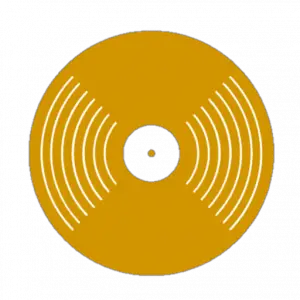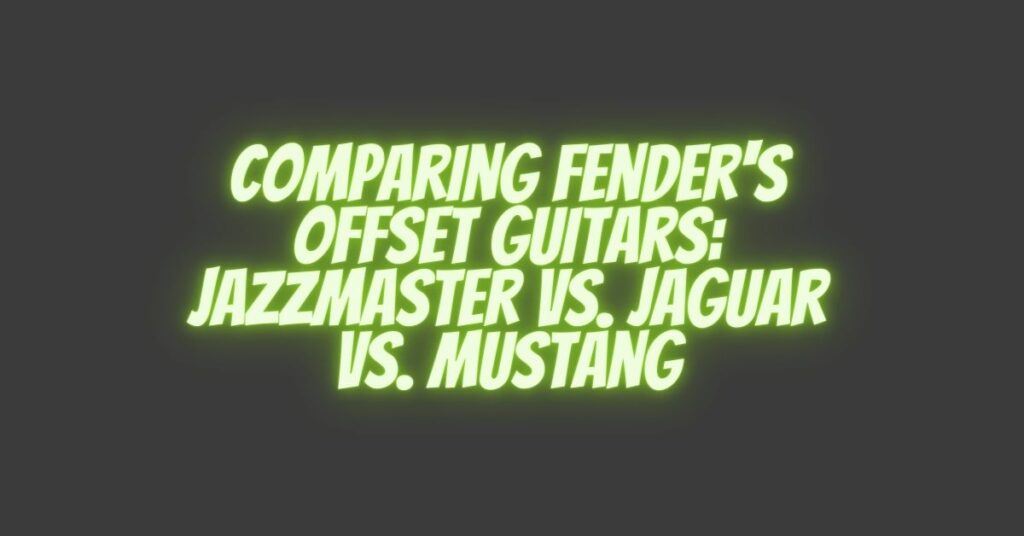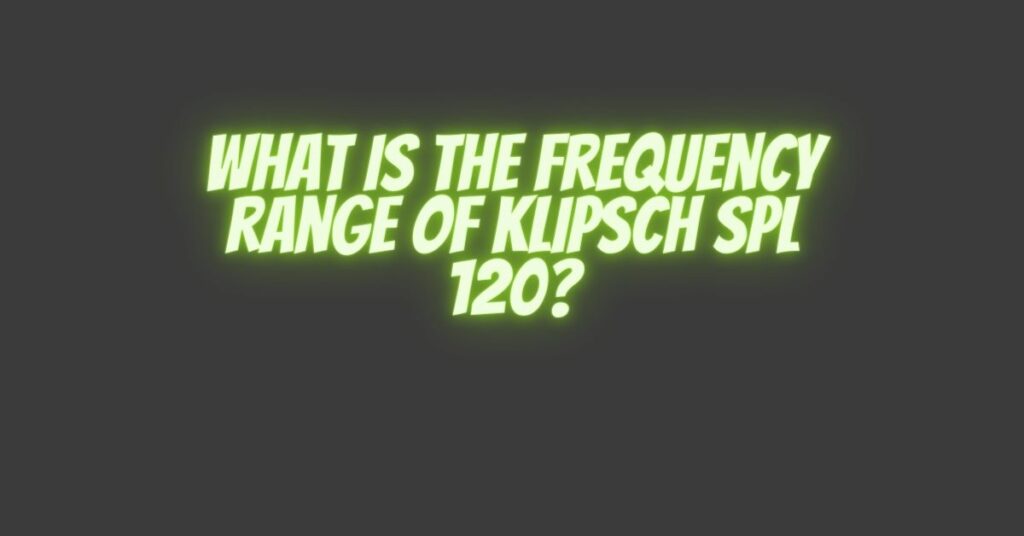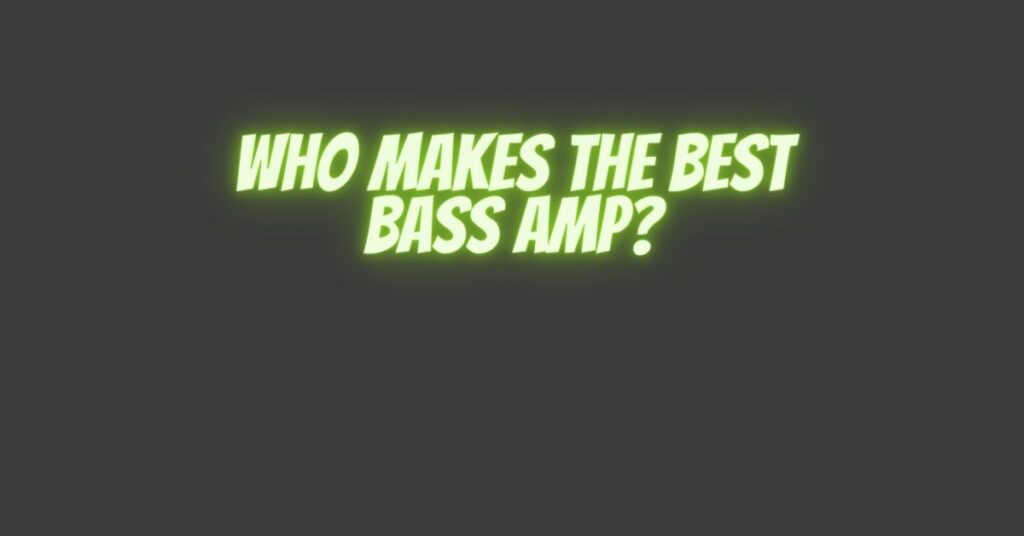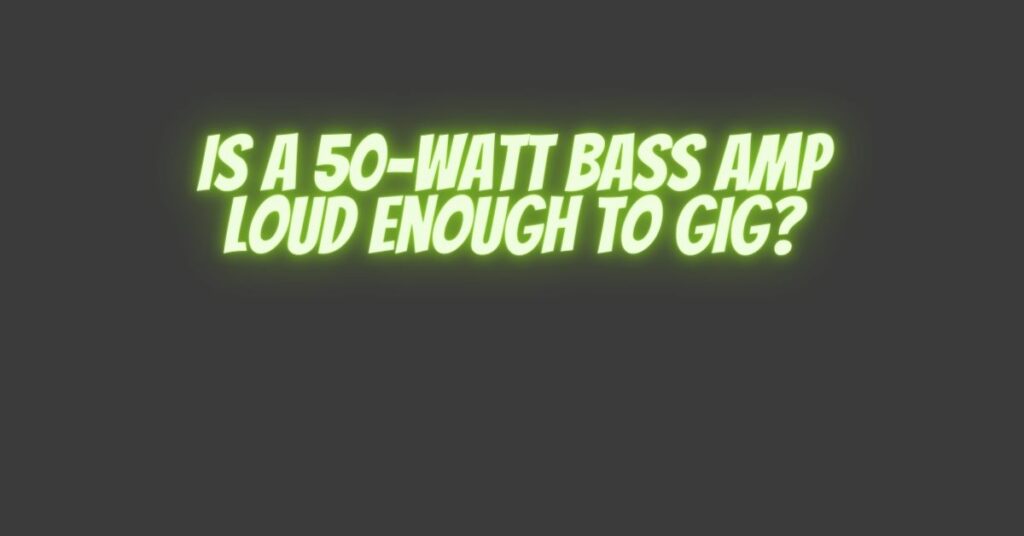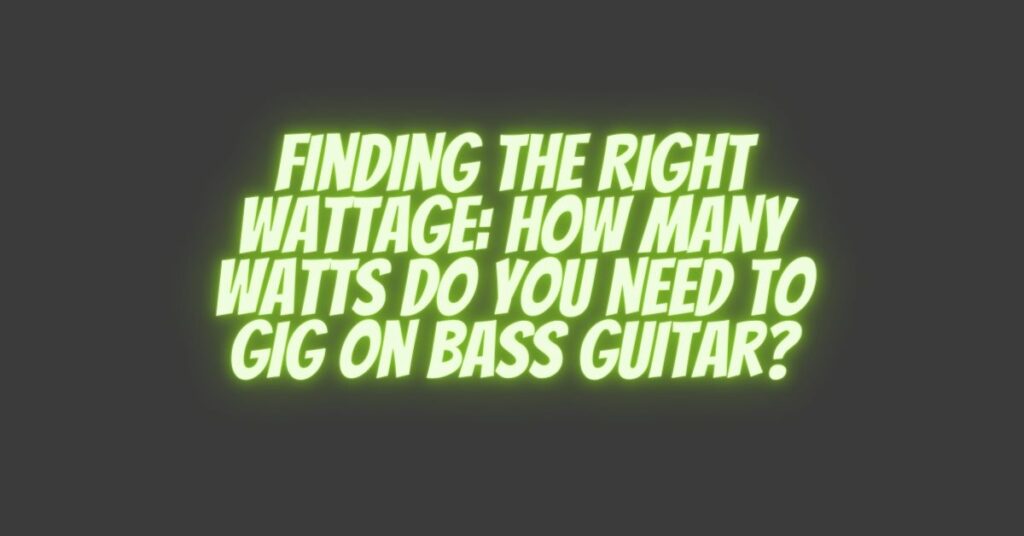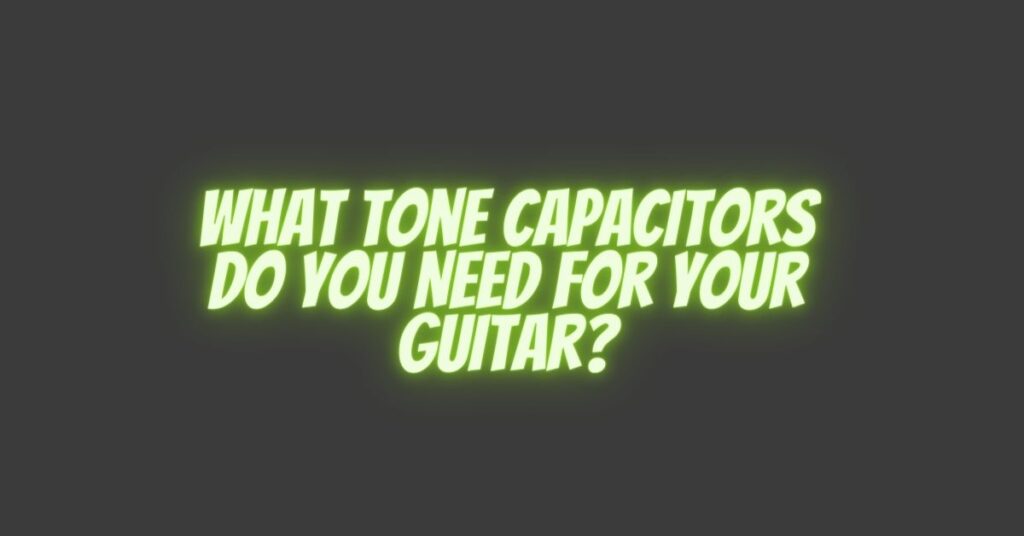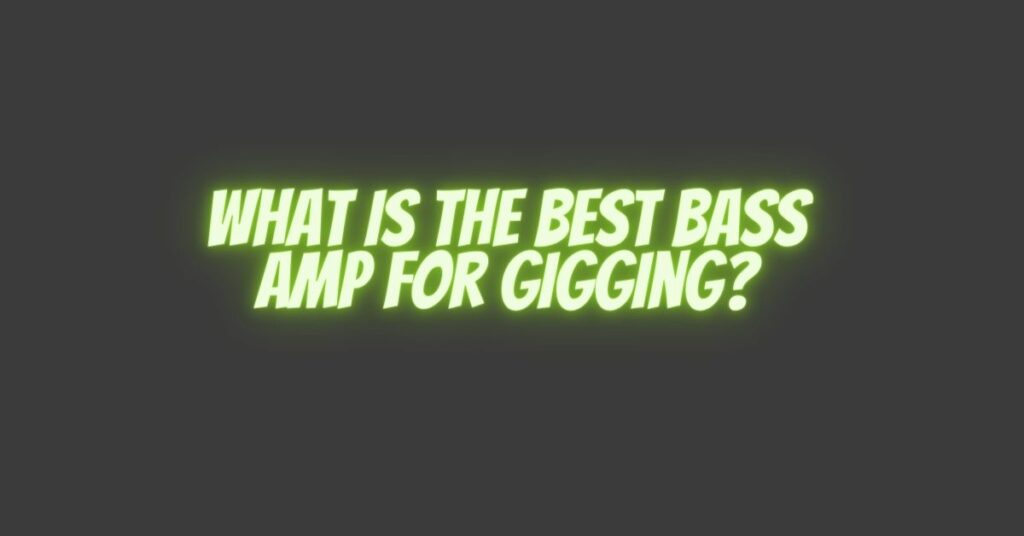140 vs 180 gram vinyl
The vinyl resurgence has brought with it a renewed interest in the finer details of vinyl records, including the weight of the vinyl itself. Vinyl enthusiasts often discuss the merits of 140-gram and 180-gram vinyl records. In this article, we’ll explore the differences between these two vinyl formats and what they mean for your listening …
